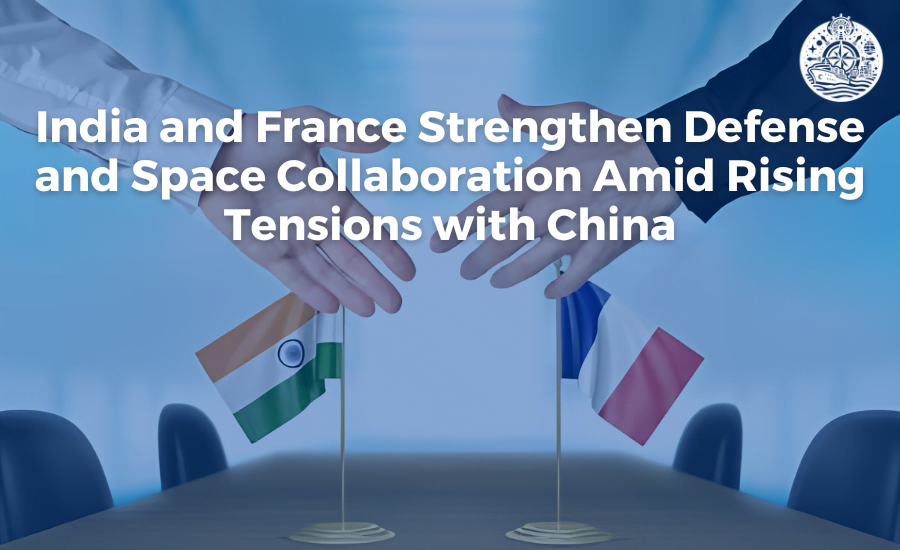
India and France have chosen to enhance their Indo-Pacific security, defense, and space partnerships, encompassing agreements spanning military-industrial collaboration to bolster India’s exports. This includes joint initiatives such as developing a helicopter engine, expanding conventional submarine construction, and collaborating on future satellite launches.
The agreements were forged during French President Emmanuel Macron’s state visit to India, where he served as the chief guest at the Republic Day parade. Additionally, he held a one-on-one meeting with Prime Minister Narendra Modi, following which both parties signed multiple agreements in strategic sectors.
Macron’s visit, his second in six months following the G20 summit in New Delhi under India’s presidency in September 2023, aimed to build upon the advancements made by the two nations in critical sectors. Both Macron and Modi acknowledged the defense and security partnership as the cornerstone of their bilateral relations. They viewed it as essential for bolstering their countries’ sovereignty and strategic autonomy while promoting peace in the Indo-Pacific region.
Indo-Pacific Security Emphasis to Counter China’s Expansionist Agenda

With a focus on Indo-Pacific security to counter China’s expansionism, the two leaders reaffirmed their dedication to strengthening the enduring partnership between their nations. In a joint statement following their bilateral discussions, they underscored the importance of the region for their mutual sovereign and strategic concerns and also recognized “the pivotal role of their collaboration in the region to promote a free, open, inclusive, secure, and peaceful Indo-Pacific and beyond,” indirectly referencing the need to counter the assertive and expansionist agendas of Communist China.
In July 2023, India and France inked a Comprehensive Roadmap to enhance their involvement in the Indo-Pacific region in response to China’s disruptive actions, which have troubled nations in the Indo-Pacific with its territorial assertions. China has engaged in military disputes not only with India but also with other countries, including the Philippines, where it has displayed aggressive behavior in recent times regarding claims to the Second Thomas Shoal.
India’s relationship with France encompasses various aspects, including intelligence sharing, information exchange, joint military drills, and acquisitions of defense equipment spanning from underwater to outer space domains. During their recent meeting following the Maritime Cooperation Dialogue in October 2023, Modi and Macron acknowledged the growing complexity and interoperability of joint defense exercises between India and France, spanning air, sea, and land. They expressed willingness to explore the possibility of conducting a unique joint tri-services exercise. Additionally, they deliberated on enhancing capabilities, especially in the maritime sector, through collaborations with other similarly aligned nations.
Defense-industrial collaboration aimed at enhancing India’s arms exports
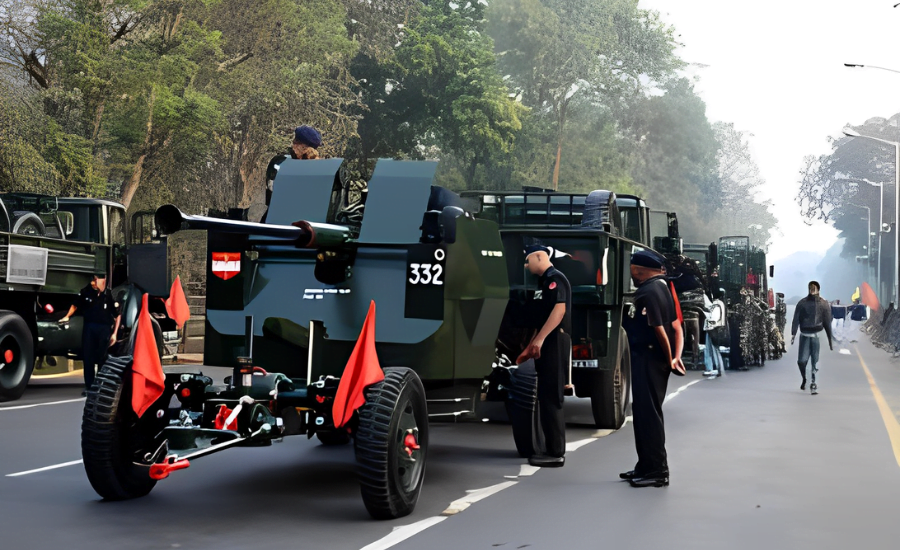
The two leaders also pledged to enhance the integration between their countries’ defense industrial sectors and explore opportunities for collaborative design, development, and production. The goal is to meet the defense requirements of the Indian armed forces and offer a dependable source of arms to other allied nations. The objective is to enhance India’s defense industrial capabilities and capacities to achieve its goals of reaching US$25 billion in military production and US$5 billion in arms exports by 2025.
Collaboration in defense industries, starting from the design phase, not only generates quality employment opportunities for the youth and aligns with Modi’s vision of a ‘Self-Reliant India’ but also contributes to advancements in scientific, technological, digital, and material sciences fields, thus promoting the vision of a ‘Developed India’ by 2047. With this objective in mind, India and France have embraced an ambitious Defense Industrial Roadmap during the current meeting between Modi and Macron.
While the specifics of this roadmap are still forthcoming, there are indications that it could encompass various areas of cooperation, including joint efforts in developing a combat jet aero-engine involving France’s Safran and India’s Defense Research and Development Organization (DRDO) and establishing Maintenance-Repair-Overhaul facilities for civil LEAP aero-engines and Rafale combat jet aero engines.
Airbus and Tata Forge Alliance for Civilian Helicopters
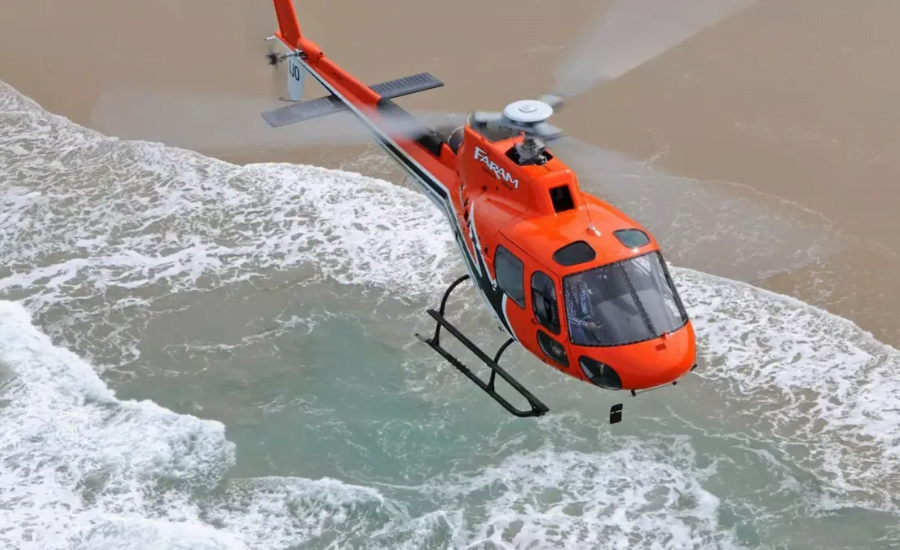
The two leaders also revealed that Airbus has decided to collaborate with Tata Advanced Systems to initiate the assembly of single-engine H125 civilian helicopters in India. These two companies will pioneer helicopter production in India’s private sector, aligning with the Indian government’s self-reliance strategy. Airbus has chosen to increase its orders for aircraft parts from India to supply its European assembly plants.
The Final Assembly Line for H125s will be operational within 24 months of the location being determined by the two companies, and helicopters manufactured in India will be available from 2026. It is noteworthy that Airbus and Tata have an existing partnership for the construction of the C295 military cargo aircraft in India. Out of the 56 aircraft ordered by the Indian Air Force, 40 will be produced at a Final Assembly Line (FAL) located in Vadodara, Gujarat, which happens to be Modi’s home province. In September 2023, Airbus announced that the initial 16 out of the 56 C295 aircraft on order would be assembled at the San Pablo Sur facility in Seville, Spain.
The second aircraft was slated for delivery in May 2024, followed by the remaining 14, which were scheduled to be rolled out at a pace of one per month until August 2025. Production of the aircraft components has commenced at the Main Constituent Assembly (MCA) facility in Hyderabad, India. These components will be transported to the Vadodara Final Assembly Line (FAL), which is projected to be operational by November 2024. The inaugural ‘Make in India’ C295 is anticipated to emerge from the Vadodara FAL in September 2026, marking a significant achievement for the Indian aerospace sector. Delivery of the last aircraft to the Indian Air Force (IAF) is forecasted to take place by August 2031.
Localization Plan for Scorpene Submarines
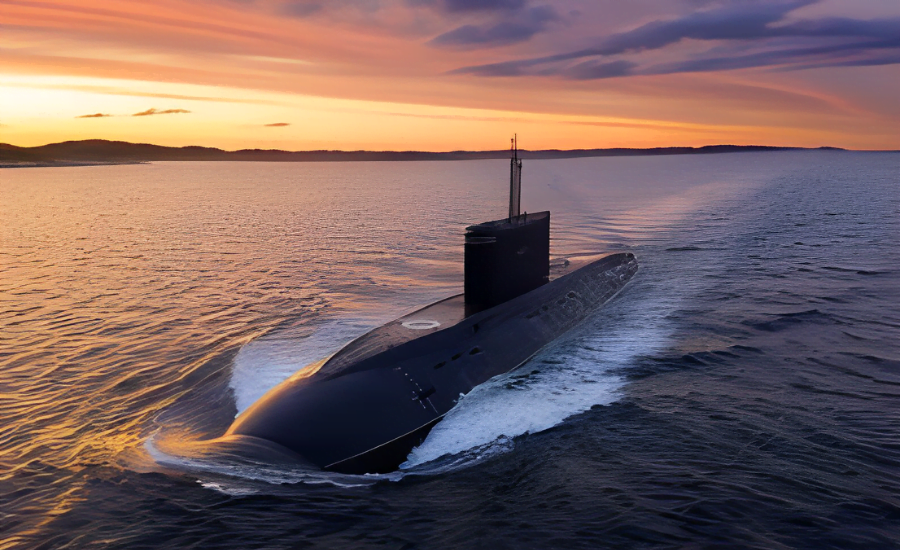
The two parties also unveiled a holistic helicopter collaboration, featuring a Joint Venture for an Indian Multi-Role Helicopter engine between Hindustan Aeronautics Limited (HAL) and Safran, alongside the localization efforts for the Scorpene submarines under construction in India, which include indigenous production.During Modi’s visit to France in July 2023, the two countries unveiled plans for the construction of three extra Scorpene submarines by Mumbai’s Mazagon Dock and Shipbuilders Limited (MDL).
However, this aspect was omitted from the joint statement issued at that time.This year’s joint statement exclusively highlights India’s Scorpene localization efforts, omitting any reference to the additional three Scorpene submarines slated for construction. These submarines are intended to supplement the six already under construction at MDL with assistance from France’s Naval Group.India and France are currently in talks regarding a potential Memorandum of Understanding (MoU) between their respective defense research agencies — India’s DRDO and France’s Directorate General of Armament (DGA) — to facilitate cooperation. Both leaders have indicated their desire to finalize this agreement promptly, although no specific timeline was mentioned.
Satellite launches conducted jointly are on the horizon
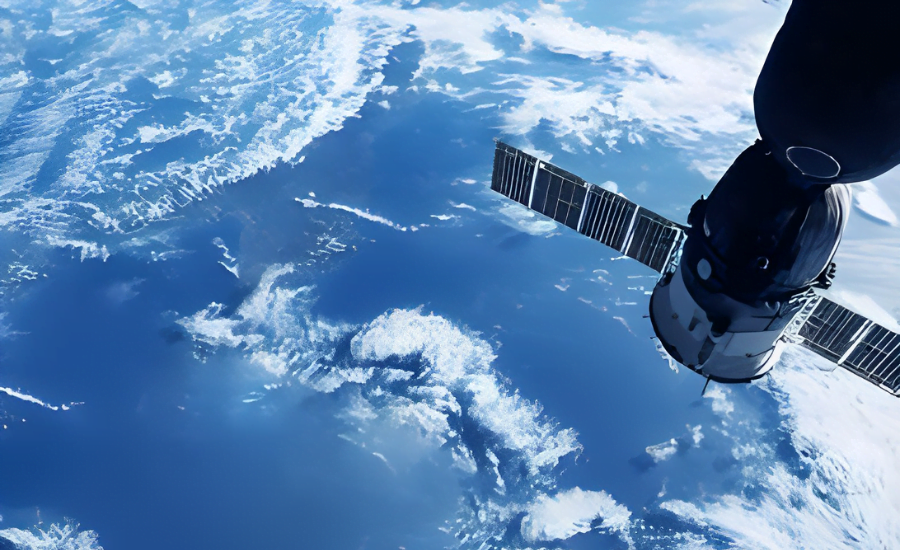
India and France have a longstanding collaboration in the space sector, encompassing satellite launches conducted by their respective space agencies over six decades. In June 2023, they established the Strategic Space Dialogue to elevate their cooperation, offering strategic guidance across all aspects of space collaboration.
In their recent meeting, India and France pledged to enhance space cooperation for the mutual benefit of their nations and the planet. This includes joint efforts in satellite and payload development, research into new launch vehicle technologies, and fostering connections between startups and users in both countries. Notably, India’s NewSpace and France’s Arianespace agreed to forge a lasting partnership for satellite launch missions, solidified by the signing of a Letter of Intent on Defence Space Cooperation.









